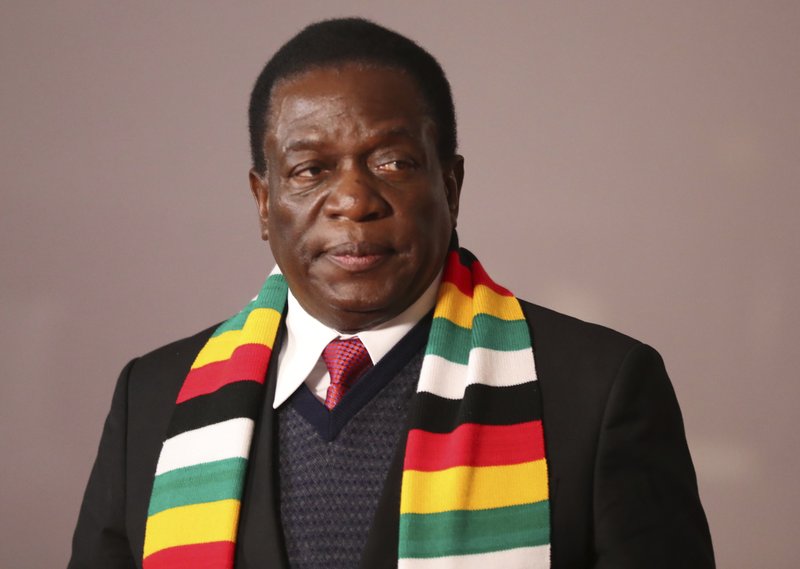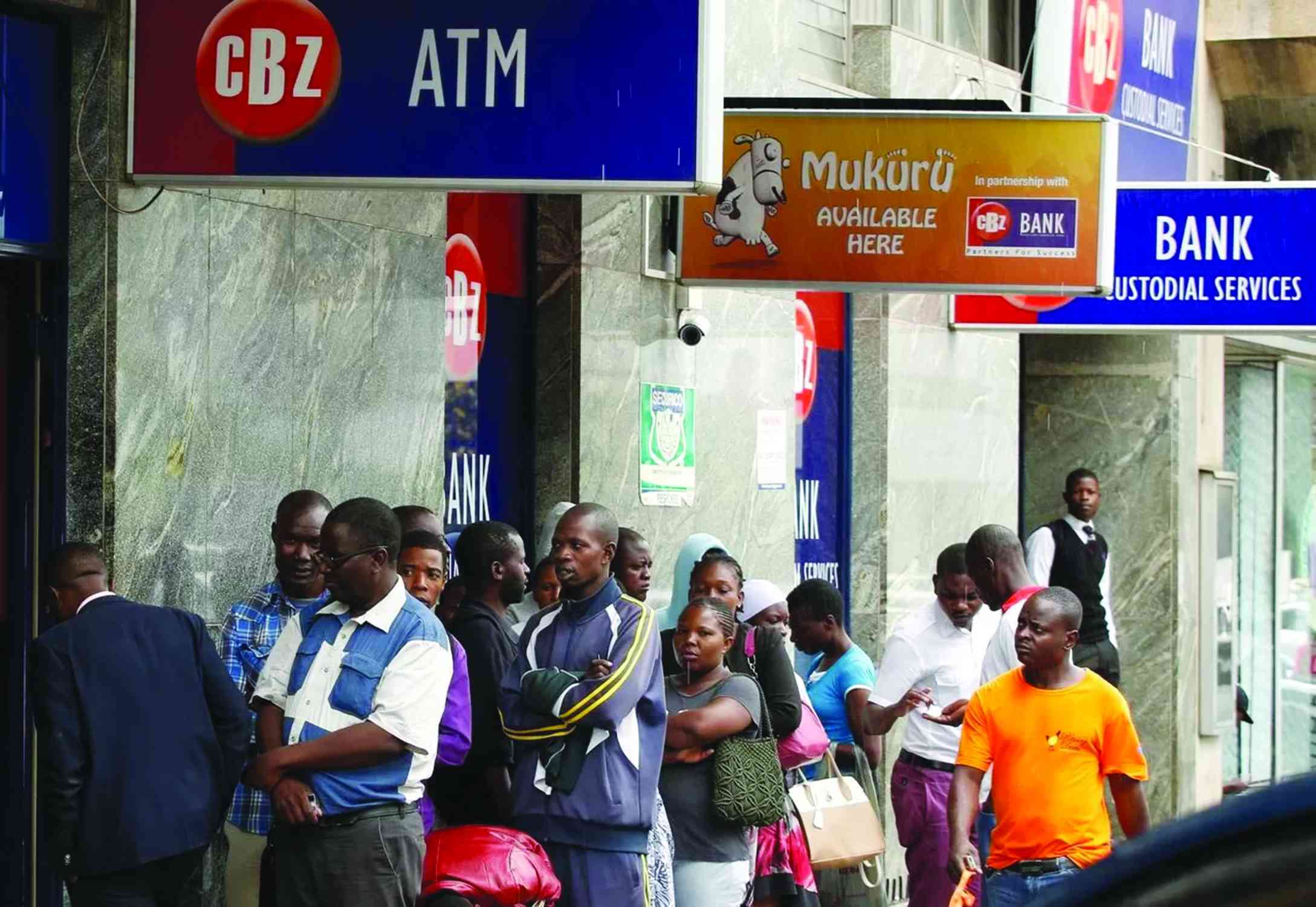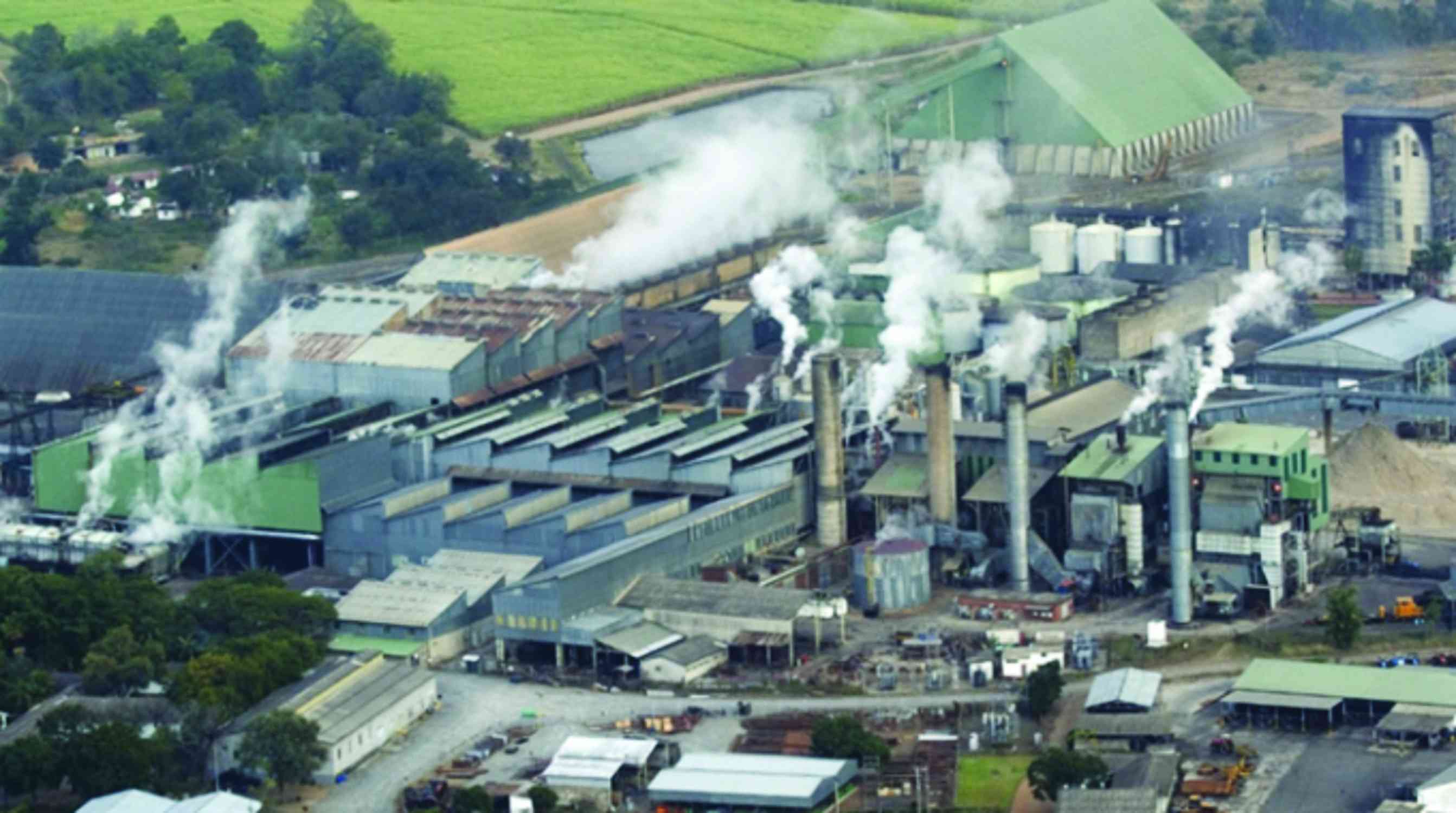
KUDZAI KUWAZA THE Zimbabwe National Chamber of Commerce (ZNCC) has said it is time for government and business to stop pointing fingers at each other for the current economic crisis and instead work together to extract the country from the doldrums.
This comes at a time when the country’s economic crisis continues to deepen characterised by foreign currency shortages, a rapidly depreciating Zimbabwean dollar which is now trading at around ZW$750 to the greenback and runaway inflation which was 191,60% for the month of June, according to official figures.
The country’s inflation rate is one of the highest globally.
President Emmerson Mnangagwa has accused business of sabotaging his government through increase of prices of basic goods.
“We must practice honest and ethical business practices. Businesses cannot purport to support the government by day and sabotage the same government by night and then after play the victim. It is imperative for us all to make strategic choices for the best interests of our country,” Mnangagwa said when he officially opened the Zimbabwe International Trade Fair earlier this year.
However, in a wide-ranging interview this week, the newly-elected ZNCC president Mike Kamungeremu said the blame game must come to an end.
“Through continued and truthful engagement with our policymakers, we want to ensure that the blame game between the private sector and the government is put to rest,” Kamungeremu said. “We need to find each other and work towards the common good of the economy.”
He said the increase in the prices of goods is inevitable considering the hike in the cost of production.
- Chamisa under fire over US$120K donation
- Mavhunga puts DeMbare into Chibuku quarterfinals
- Pension funds bet on Cabora Bassa oilfields
- Councils defy govt fire tender directive
Keep Reading
“Surely, prices cannot remain constant
when the cost of production is going up; you look at the electricity tariffs, fuel prices, transport costs, bank charges, regulatory fees, and water tariffs, among others, they are all going up,” Kamungeremu pointed out.
“These are the main cost drivers especially with an unstable rate of exchange (runaway parallel market rate).”
He said the Zimbabwe dollar was suffering from “death by policies”.
“All government taxes must be paid in local currency so that government is not seen as rejecting its own currency. If the issuer of the currency cannot accept it, who then do they expect to accept it?” Kamungeremu queried.
“Right now Zimra (Zimbabwe Revenue Authority) is penalising companies that paid corporate tax in Zimbabwe dollars after transacting in US dollars for years 2019 and 2020 despite companies trying to demonstrate that all the US dollars earned were consumed by costs and profit was realised in local currency.”
He added that the tax collector has devised a formula which assumes that the ratio of taxable income to sales that applied on Zimbabwe dollar revenue is the same that should apply on US Dollar revenue. Zimra then calculate the tax bill using that.
“They even put 100% penalty despite the fact they were paid that tax in Zimdollars three years ago. They cannot defend their own currency and this is particularly worrying for me. We need to get our policies right to reduce erosion of value and ensure continued quality service delivery from government ministries and departments,” Kamungeremu said.
The ZNCC president said confidence building measures should be continuously implemented.
“We will help each other in finding lasting solutions to the challenges we face as a nation,” he said.
Kamungeremu warned that political interference in monetary and fiscal processes will hinder chances of economic stability.
“Sound management of the political economy is also required as well as central bank independence as we approach the 2023 general elections. As long as there is tempering with the institutions of macroeconomics, the envisioned stability cannot be achieved,” he said.
“Businesses thrive well in a stable macroeconomic environment and we should prioritise macroeconomic stability as espoused in the National Development Strategy 1.”
Kamungeremu expressed concern over the continued growth of broad money in the economy which has fueled runaway inflation and rapid depreciation of the local unit. Money supply growth has been the major contributor to the rising inflation and the rapid depreciation in the exchange rate. The measure to have a 0% growth in reserve money is a huge statement towards curtailing money supply growth,” he said.
“However, broad money continues to grow at unprecedented levels from year to year and we have recommended that the Zimbabwean situation requires a broad approach than just focusing on reserve money.”











